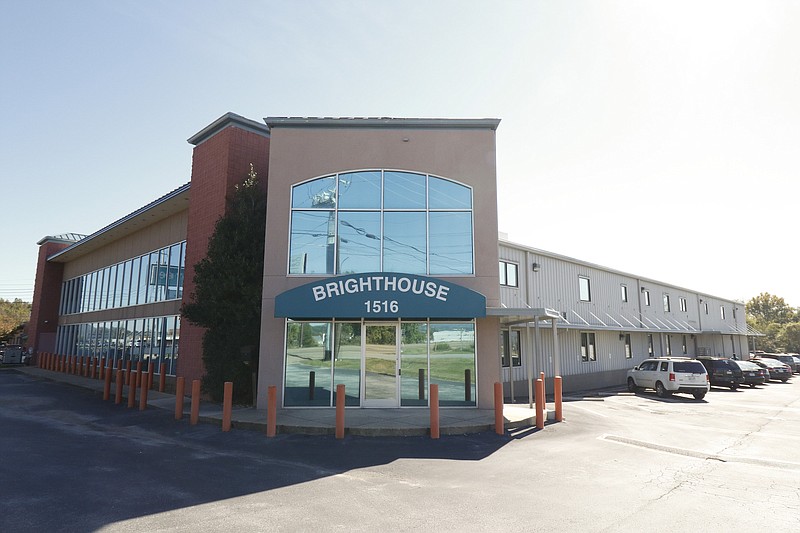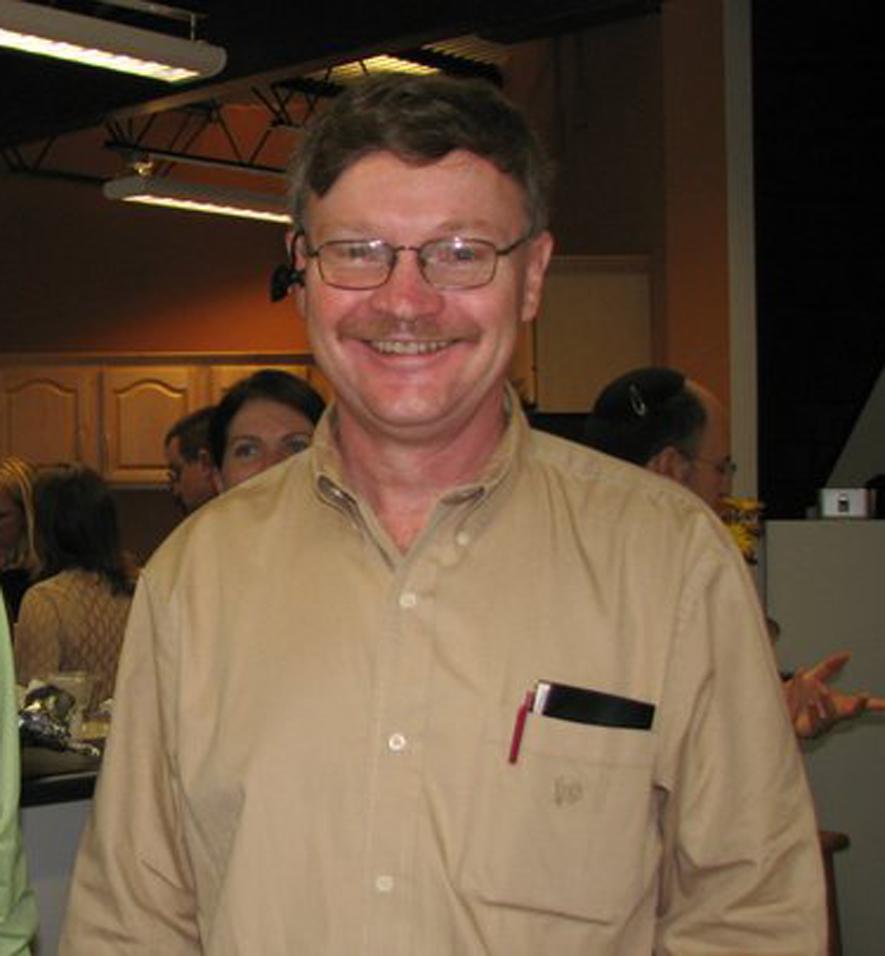Two Chattanooga buildings tied to Carey V. Brown, who built one of America's biggest payday lending empires before it fell earlier this decade, were sold at auction Tuesday for $2.4 million.
The buildings, at 1516 Riverside Drive and 5962 Brainerd Road, had been forfeited earlier this year to the U.S. Department of Treasury in the wake of a 2016 guilty plea by Brown and two of his companies to breaking usury laws in New York.
Zach Morris entered the winning $2 million bid for the Riverside Drive building. He said he was representing a local group of business people, whom he declined to name. It wasn't certain what will be done with the 43,872-square-foot structure, he said.
Also, Chattanooga businessman Mansoor Charaniya bid $410,000 for the Brainerd Road building, which is about 12,000 square feet in size. He, too, was undecided about the future use of that structure.
Mike Lewis of CWS Marketing Group had opened bidding on the Riverside Drive property, part of a 4.5-acre site, at $4 million.
He said the government has the right to reject bids, but added "they want it off the books."
According to the federal government complaint that sought the forfeiture of the two buildings, when an online borrower wanted money from a Brown company, the person was required to agree that the transaction actually was taking place in Anguilla, British West Indies.
But the company maintained an internet server at the Riverside Drive address where the Brown company would route electronic information relative to the online loan through Anguilla, according to the government document.
In fact, the Riverside Drive site held numerous computer servers. Except for the superficial internet routing through the Caribbean, Brown's companies, their employees, banks and borrowers were located in the United States.
The Brainerd Road location served as a call center for a company that processed loans for a Brown business, according to the federal complaint.
Payday loans are generally defined as loans of $1,000 or less typically intended to be repaid from the borrower's next pay check. The loans often carry interest rates exceeding 300 percent of the principal when calculated on an annual basis for the initial term of the loan.
Borrowers are often unable to repay the loan after the first two-week period. In such cases, payday lenders routinely extend loans, charging new fees for the extensions.
In New York state, it was a crime for an unlicensed lender to charge more than 25 percent per annum interest on any loan less than $2.5 million, and Brown was indicted in New York in 2014.
In May 2016, Brown admitted to New York prosecutors that he broke the law from 2001 to 2013 by lending millions of dollars, an estimated $50 million to New Yorkers in 2012 alone, with interest rates well in excess of the state's 25 percent annual percentage rate cap.
It was estimated that in 2012, Brown's companies cycled $500 million through its Chattanooga operation. That year, the company counted gross profit of $150 million in fees and interest, according to estimates.
As part of his guilty plea, Brown agreed to pay $9 million in fines and restitution, as well as serve 250 hours of community service and three years of probation.
Brown had shut down his payday lending empire in 2014 under regulatory pressure.
Contact Mike Pare at mpare@timesfreepress.com or 423-757-6318.

